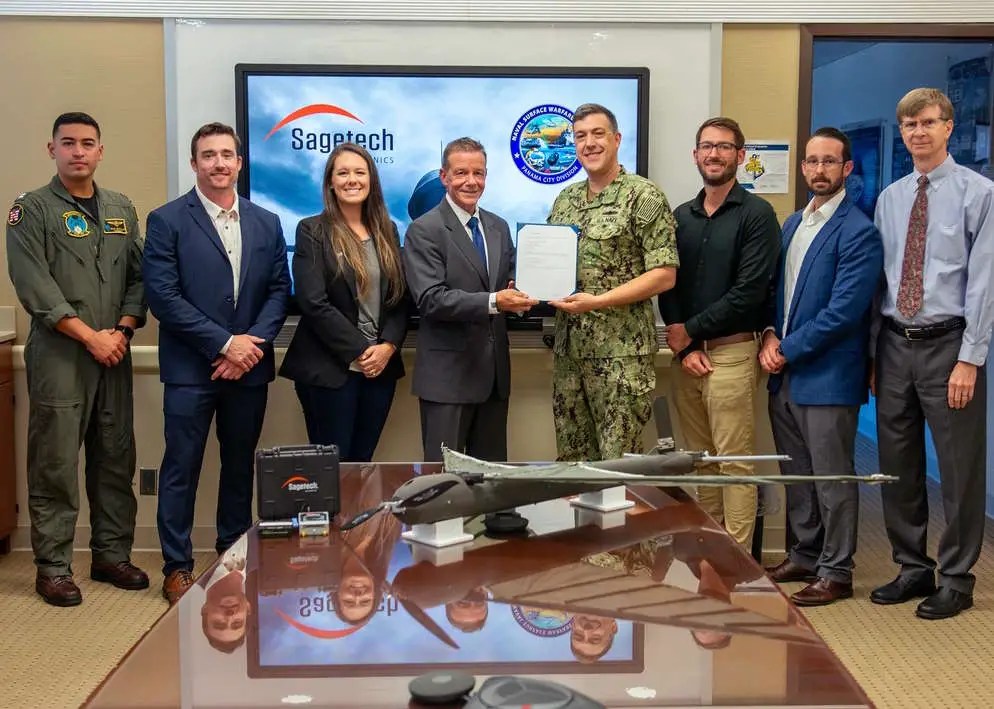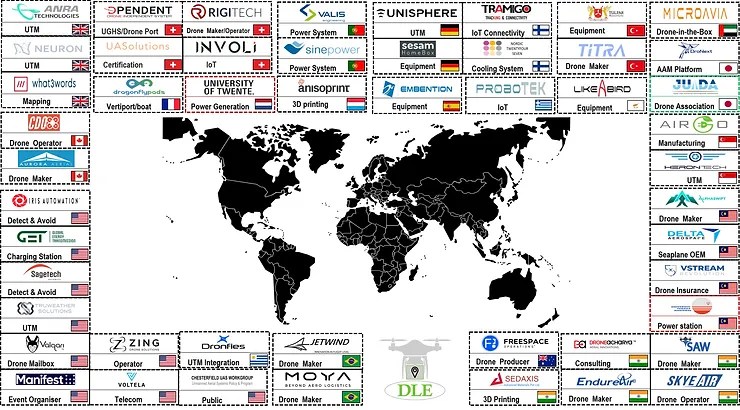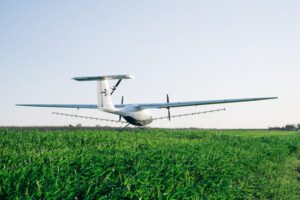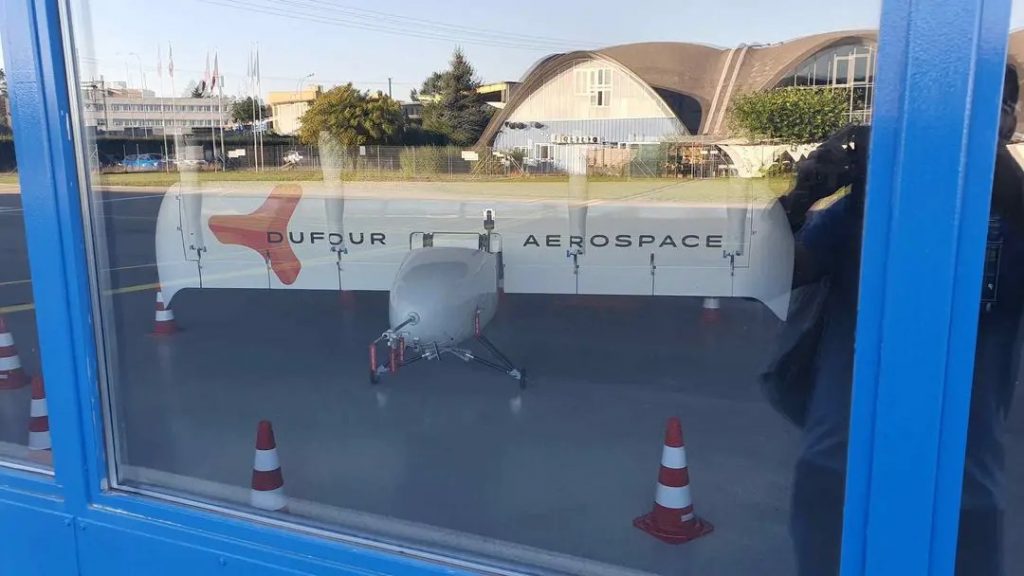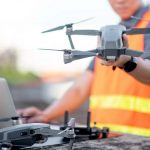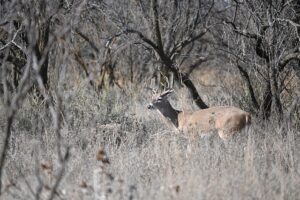
 It’s clearly unsporting to use a drone equipped with thermal imagery to identify game: and prohibitions on drone use for hunting were some of the earliest state drone laws enacted. In Michigan, SB 54 and 55 were initiated in 2015: and prohibit the use of water or aerial uncrewed vehicles in hunting and fishing. That law – not particularly detailed in wording – is now being challenged. Is it only illegal to use a drone to find live game before hunting, or is it also illegal to use a drone to find downed game, after the hunters have stowed their weapons?
It’s clearly unsporting to use a drone equipped with thermal imagery to identify game: and prohibitions on drone use for hunting were some of the earliest state drone laws enacted. In Michigan, SB 54 and 55 were initiated in 2015: and prohibit the use of water or aerial uncrewed vehicles in hunting and fishing. That law – not particularly detailed in wording – is now being challenged. Is it only illegal to use a drone to find live game before hunting, or is it also illegal to use a drone to find downed game, after the hunters have stowed their weapons?
by DRONELIFE Staff Writer Ian J. McNabb
Continue reading below, or listen:
A lawsuit has recently entered federal district court over Michigan’s hunting laws and their prohibition on drones. Ohio resident Mike Yoder and the Pacific Legal Foundation have filed a challenge to Michigan’s 2015 drone law after the Department of Natural Resources interpreted it as banning the use of drones to locate downed game, even after a hunter’s weapons are stowed. Yoder’s company, Drone Deer Recovery Media, Inc., argues that the law was unconstitutionally infringes on their first amendment right to gather information and release it to their customers for commercial use.
According to the 2015 law, any use of a drone within a hunting context could threaten fines of up to $1000 and 90 days in prison.
Yoder’s company is a multi-state, drone-as-a-service franchise offering services to find downed game. If the Michigan interpretation of the ban on use of drones for hunting is upheld, Yoder’s business would not be able to operate in its current model in any state with a similar policy. Yoder seeks an exception due to his strictly post-kill services, which are more of an alternative to the traditional hunting dogs or trail cameras than a hunting aid.
This case highlights the unique challenge of applying policies to emerging technologies like UAVs across a wide variety of fronts, including recreational hunting policy. In a statement sent to DRONELIFE, Donna Matias, an attorney at the Pacific Legal Foundation, said, “Drone Deer Recovery is providing a valuable service that is less environmentally intrusive and more humane than alternatives, yet Michigan is stretching the law to ban it. The Constitution protects Mike’s First Amendment rights to create and disseminate information collected by the drones and his customers’ right to receive it.”
The Michigan Department of Natural Resources does not comment on ongoing litigation.
Read more:
Ian McNabb is a staff writer based in Boston, MA. His interests include geopolitics, emerging technologies, environmental sustainability, and Boston College sports.
Miriam McNabb is the Editor-in-Chief of DRONELIFE and CEO of JobForDrones, a professional drone services marketplace, and a fascinated observer of the emerging drone industry and the regulatory environment for drones. Miriam has penned over 3,000 articles focused on the commercial drone space and is an international speaker and recognized figure in the industry. Miriam has a degree from the University of Chicago and over 20 years of experience in high tech sales and marketing for new technologies.
For drone industry consulting or writing, Email Miriam.
TWITTER:@spaldingbarker
Subscribe to DroneLife here.

